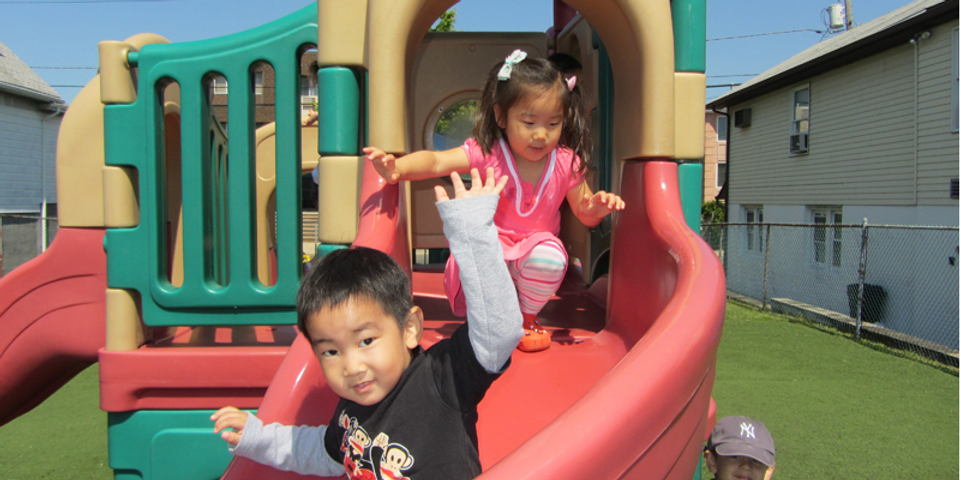
Preschool offers young children a chance to learn in a structured and supervised setting, but some kids may misbehave in new environments. If you’re worried and confused about your child’s disruptive behavior, here’s how you can help them overcome it.
Why Kids Act Out
Acting out and testing limits is normal for 3- and 4-year-olds, especially when confronted with situations they feel they have no control over. Some typical behavior at this age is biting or hitting classmates, throwing toys, complaining, lying, being bossy, and being defiant. Kids act this way out of anger, fear, or unhappiness and for attention because they aren’t articulate enough to express what they’re feeling through words.
Some children also have undiagnosed conditions, such as autism or anxiety, or are responding to hunger or tiredness. When a child goes to preschool, they may fear being left alone or feel abandoned. In some cases, they may feel bullied by other children who are also acting out.
How Parents Can Help
 Before you respond, make every effort to find out why your child is misbehaving. Schedule an appointment with your pediatrician, and consult with your child’s early education teachers to get their feedback.
Before you respond, make every effort to find out why your child is misbehaving. Schedule an appointment with your pediatrician, and consult with your child’s early education teachers to get their feedback.
Ask your child why they’re acting a certain way. Establish clear rules about what’s acceptable behavior, and calmly warn them that throwing things, biting, and hitting will not be tolerated.
Encourage them to express themselves with words. When their words are angry or bossy, stay calm, and help them understand that only polite requests will be rewarded. Communicating regularly with your child’s preschool teachers will help your child obtain the attention they need to overcome acting out.
If you’re looking for a new preschool for your little one in the Palisades Park, NJ, contact Les Enfants Preschool about enrollment. Specializing in early childhood education, this child care center has provided a safe, welcoming environment for children and families for 40 years. Teachers help children grow their social and educational skills before they’re ready for the elementary classroom. Call (201) 592-6695 to schedule a tour, or visit them online for more information about their programs.
About the Business
Have a question? Ask the experts!
Send your question

